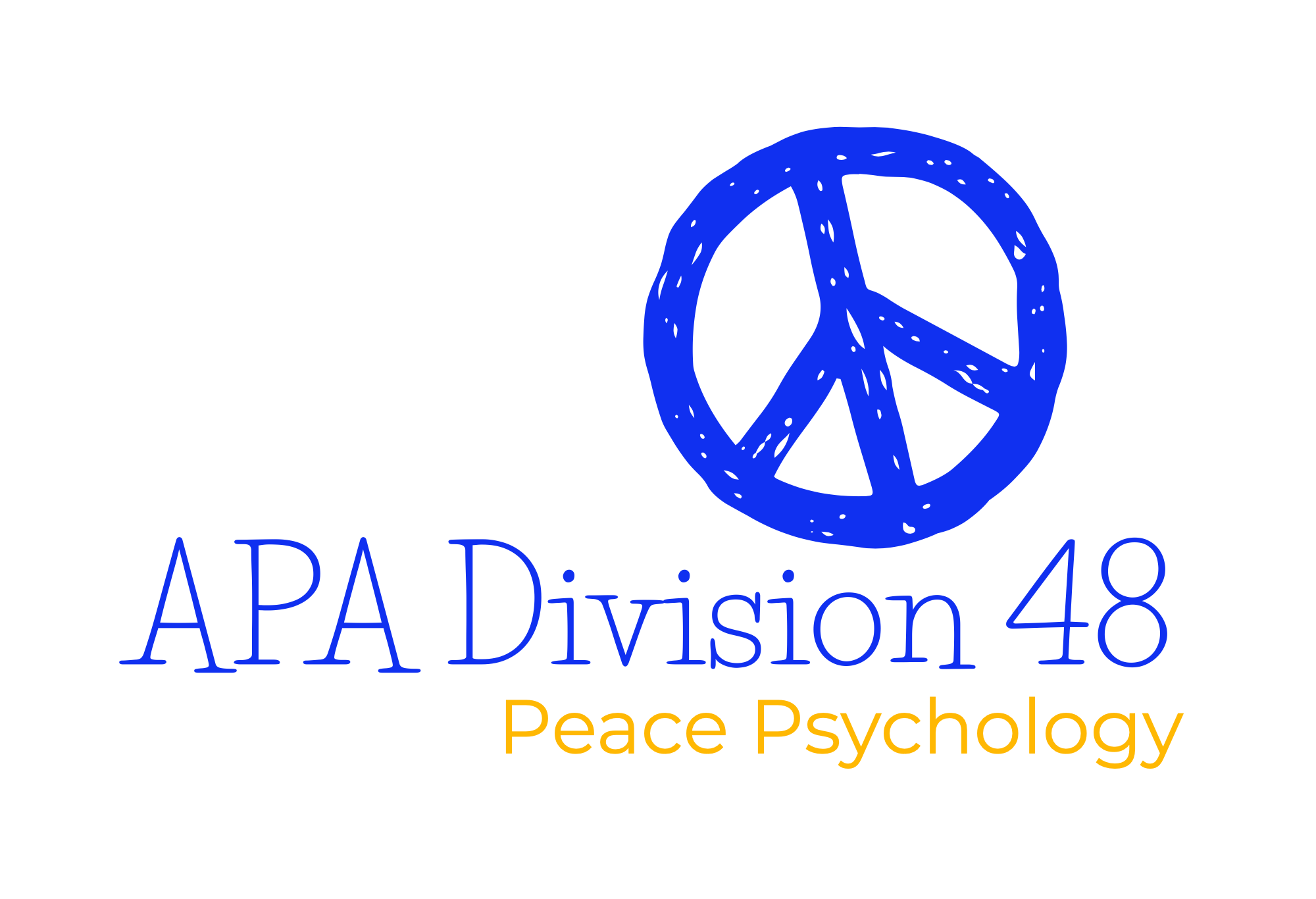Spirituality and Humanitarian Practices Working Group
Humanitarian and Sustainable Initiative
Currently, our professional group, the Haiti Economic Development and Viability Group, has over 220 members from 15 different countries participating. We aim to share information about initiatives from around the world that can work in, such as environmentally or economically distressed communities like Haiti, Detroit and elsewhere.
For more information about joining this work contact us.
Our Initiative is a team-centered approach to address entrenched humanitarian crises with sustainable solutions across 5 pillars of concern: humanitarian relief, infrastructure development, education/human rights education, sustainable technologies and lifestyle building, and economic development. Teams of professionals partner with projects, programs, and organizations to accomplish vital work in Haiti, Detroit, and other parts of the United States and the world to achieve community stability and self-sustainability.
The School to School Collaborative is a collaborative involving:
- Recycling programs between schools in the "developed" world (Hawaii) and the "developing" world (Haiti)
- STEM educational programs in high schools featuring education and opportunities for students and student leaders to execute projects in alignment with green technology corporations. These efforts directly impact communities where the schools reside providing alternatives for their economic development
- Members of the Working Group have been reaching out, to Grant writing professionals in particular, to join our Haiti professional group and support the organizations represented in our professional group by writing grants on their behalf pro bono.
- Members are working in the context of a Sister to Sister Network (sororities) in California where professional women mentor and support humanitarian organizations run by women in our principal locales like Haiti, Detroit, and other arenas of devastation to principally address issues affecting women and girls in these distressed communities.
- Pulling together a complete update on happenings on HSI, including the specific work in Hawaii in which our principal model for these humanitarian sustainability interventions is applied. We plan on sending this update to the advisory team with the hopes that we can schedule a meeting between us soon
- Under another member's auspices there is a Health Care Outreach to the Poor as an Experiential Context for Human Rights Awareness. A partnership shared by a Philippine school (San Agustin Center of Studies, Quezon City) and a Canadian school (Blessed John Paul II High School, Scarborough, Ontario) aims at enhancing human rights awareness at both schools by funding, offering, and reflecting upon medical/surgical care for indigent Philippine children.
- Through these international and national Humanitarian efforts and interventions, various paradigms have been created: The most successful components of the HSI (Humanitarian and Sustainable Initiative) include international "school to school initiatives" focusing on STEM programs for sustainability projects and leadership with teacher liaisons, and recycling and environmental conservation projects, and mindfulness work to ameliorate PTSD and to promote resiliency in devastated areas. The various members have been meeting regularly via webinar.
- Results of the Crisis Intervention Project: Teams of experts in five major areas, including humanitarian relief, (medical and psychological) are working on the ground and via the web to provide relief to tent villages and communities in Haiti and are now working in Detroit MI. Various medical and mindfulness practices are being delivered, research, and gathered to create a publication which will validate the effectiveness and efficacy of the sustainable aspect of humanitarian relief to build peace and stability and survivability in these devastated communities and situations. Issues of HRE and infrastructure are now being addressed as well.
The mission is two-fold:
Rebuild devastated communities in Haiti and in the US with sustainable solutions. Create paradigms for support and intervention through humanitarian endeavors Currently, we are developing an article to share the experiences, programs, research and data of the Haiti group members and we would value having a contribution from you to bring greater visibility to the programs and services and/or research you offer with respect to Haiti.
If you are interested in contributing a brief journal of your work please prepare a 2-3 page summary that includes the following -- Abstract describing your NGO (non-governmental organization) or research program or humanitarian outreach service or activities, to include time, place, population, and circumstance/context where offered. Contact us for information about submitting the abstract.
We desire to publish information on humanitarian initiatives across a broad spectrum of areas that intersect. We focus on supporting and bringing greater visibility to creative sustainable interventions in 5 domains or Pillars: Humanitarian intervention, economic development, infrastructure supports, sustainable solutions, and human rights issues.
Hawaii
The paradigm sustainable community is now in full bloom on the Island of Lihue, HI. The projects engaging the residents there include: farming, gardening, intergroup relating and various sustainable processes such as conservation of resources such as water and recycling and hydroponic gardening. The community is growing and is more and more self sustaining. A WG member is the focal point for orchestrating this endeavor as the community continues to thrive. Such a paradigm included environmental, psychological and social-psychological as well as socio-political dimensions and serve a homeodynamic model where all members participate in the processes of survival that exist there.
For more information about joining this work contact us.
